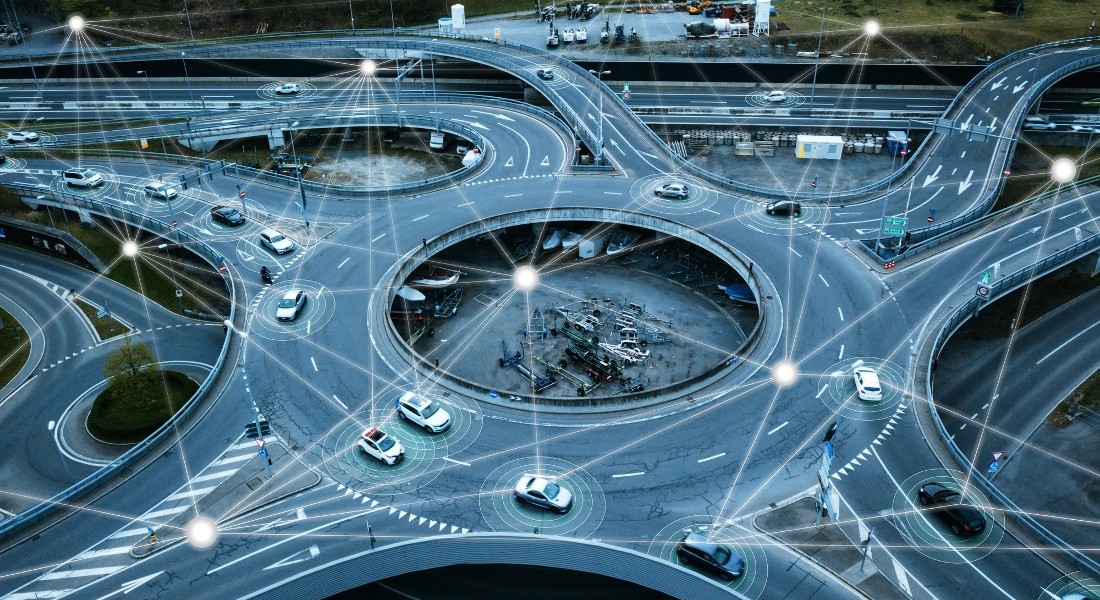
Responsive material changes its behavior based on earlier conditions
Inspired by living systems, researchers at Aalto University have developed a new material that changes its electrical behaviour based on previous experience, effectively giving it a basic form of adaptive memory. Such adaptive materials could play a vital role in the next generation of medical and environmental sensors, as well as in soft robots or active surfaces.
Responsive materials have become common in a range of applications, from glasses that darken in sunlight to drug delivery systems...
Read More








Recent Comments